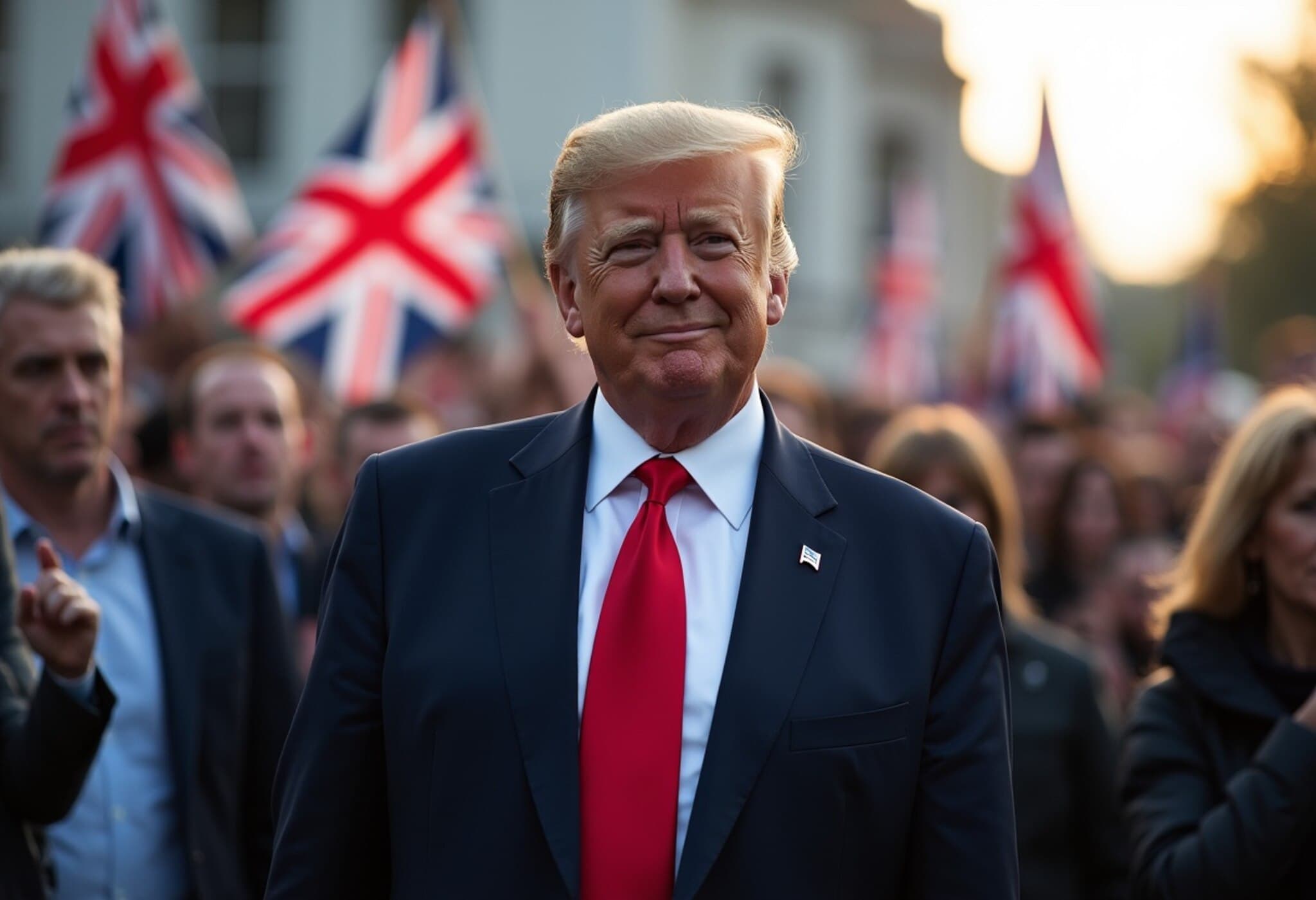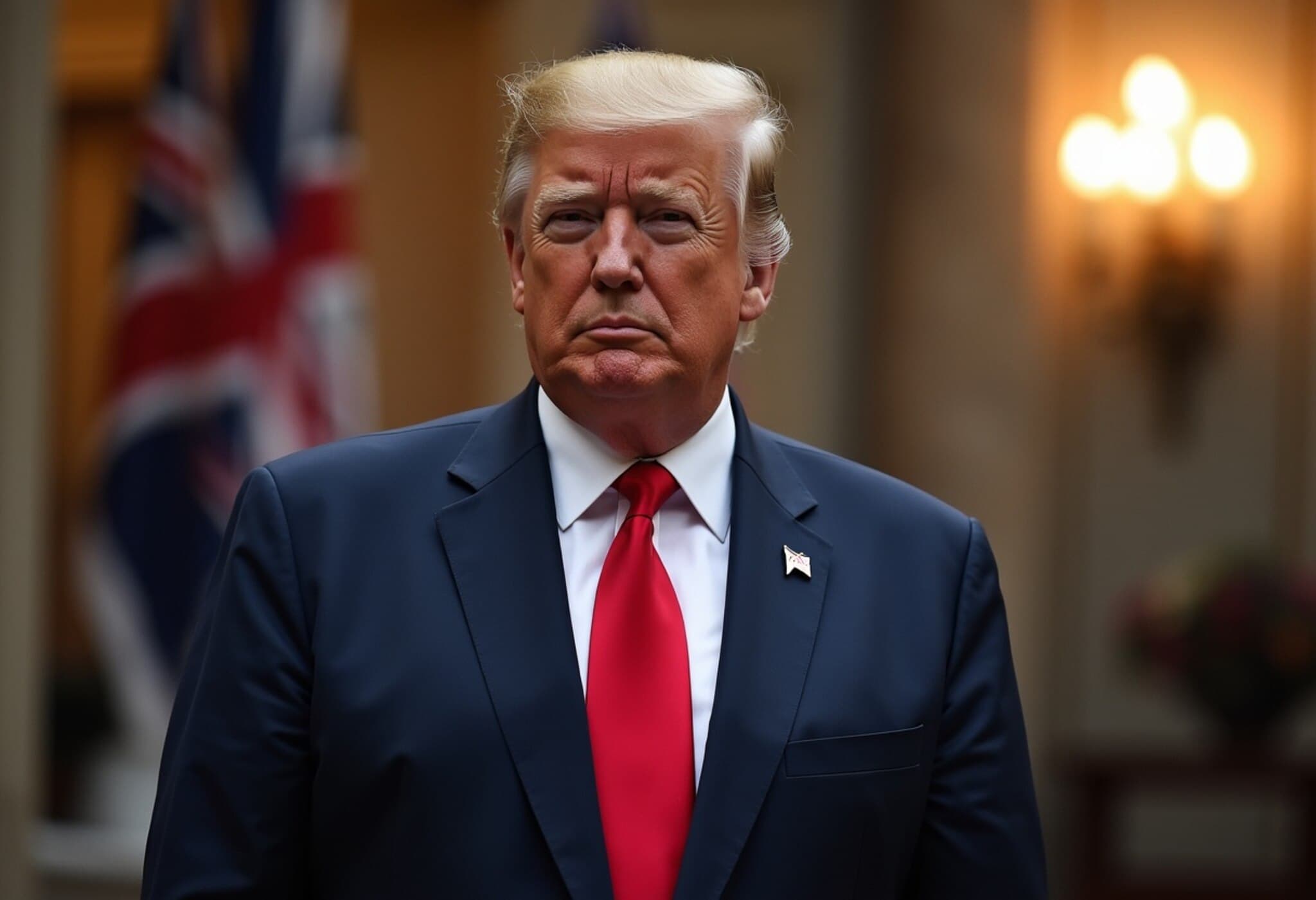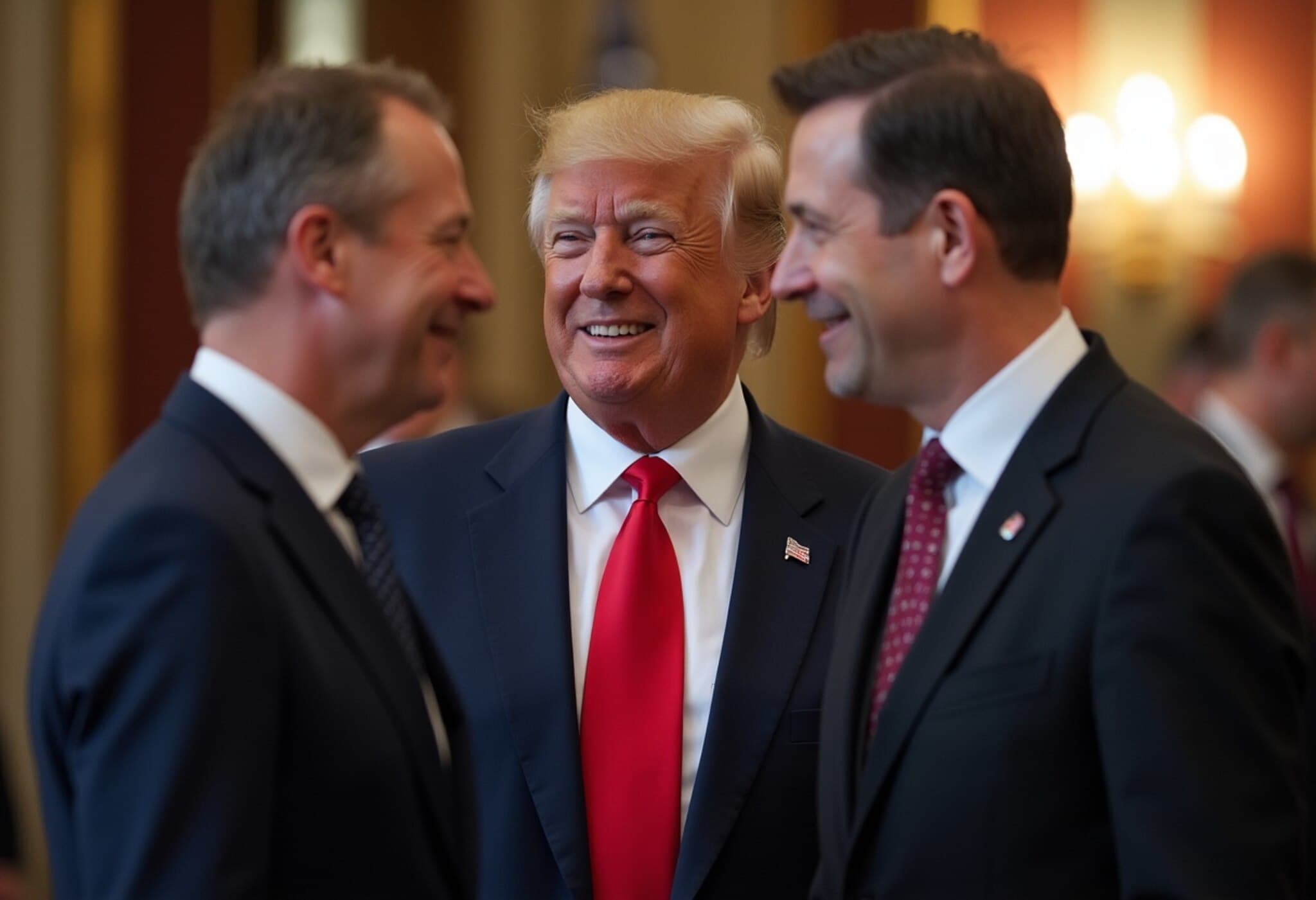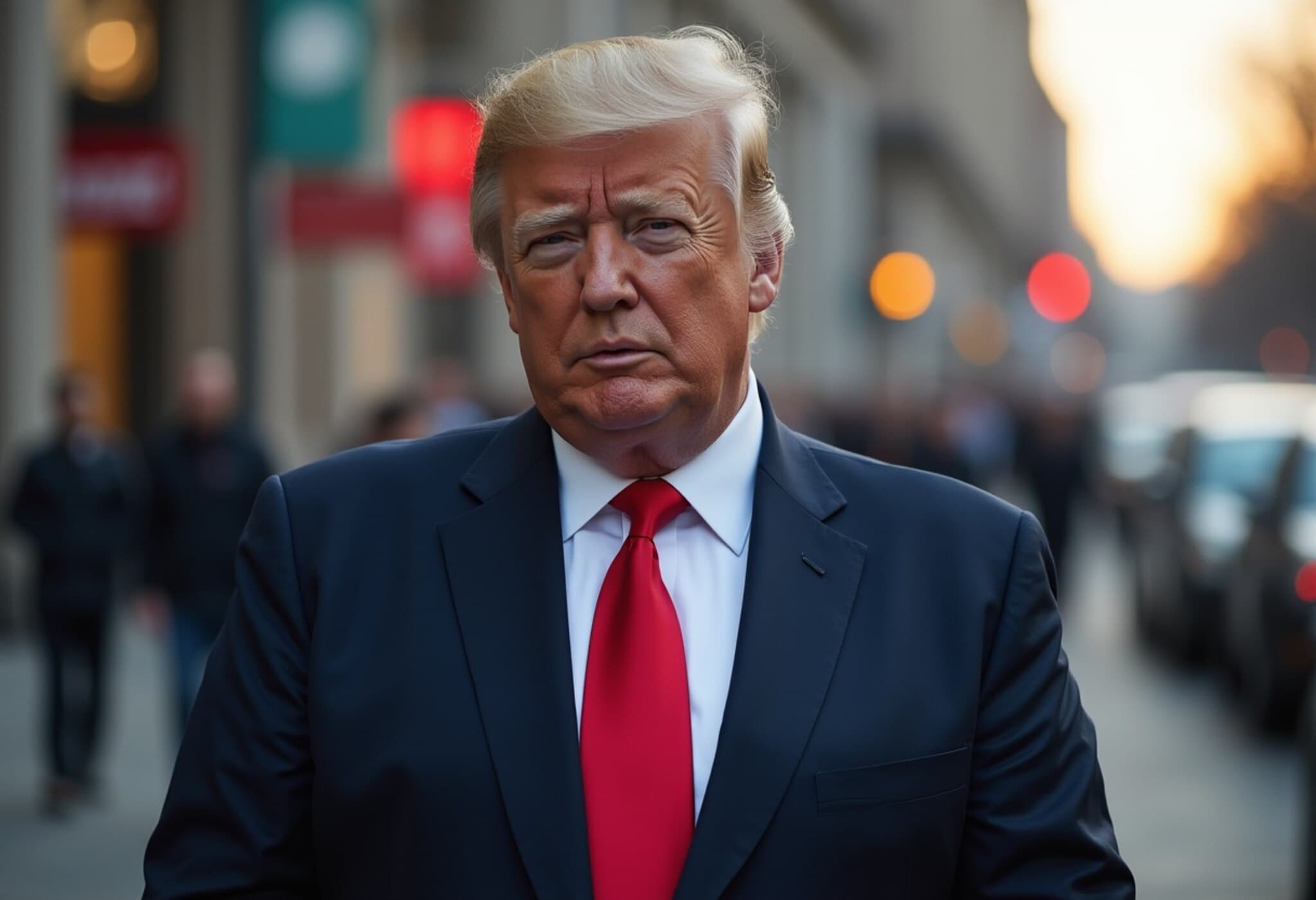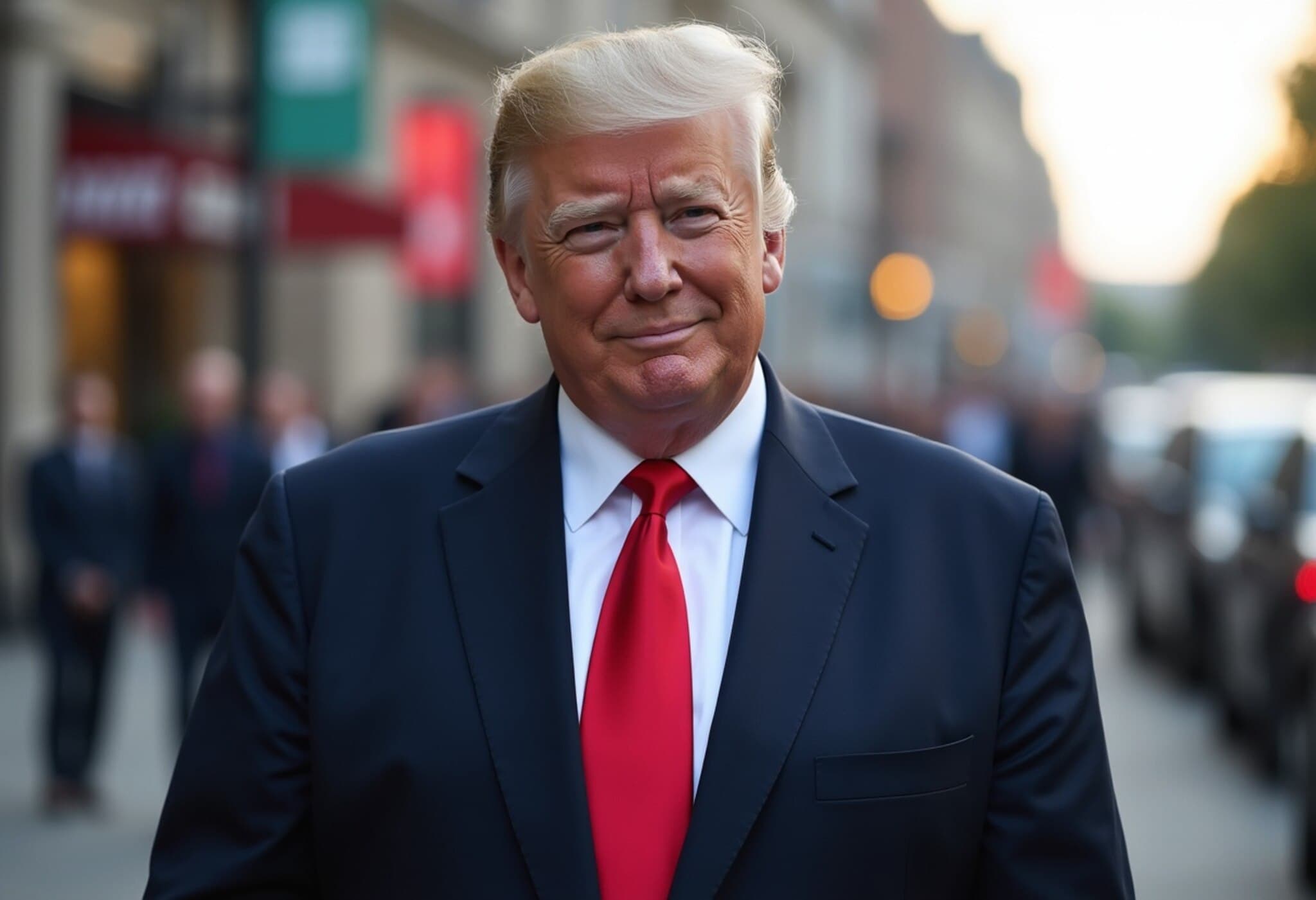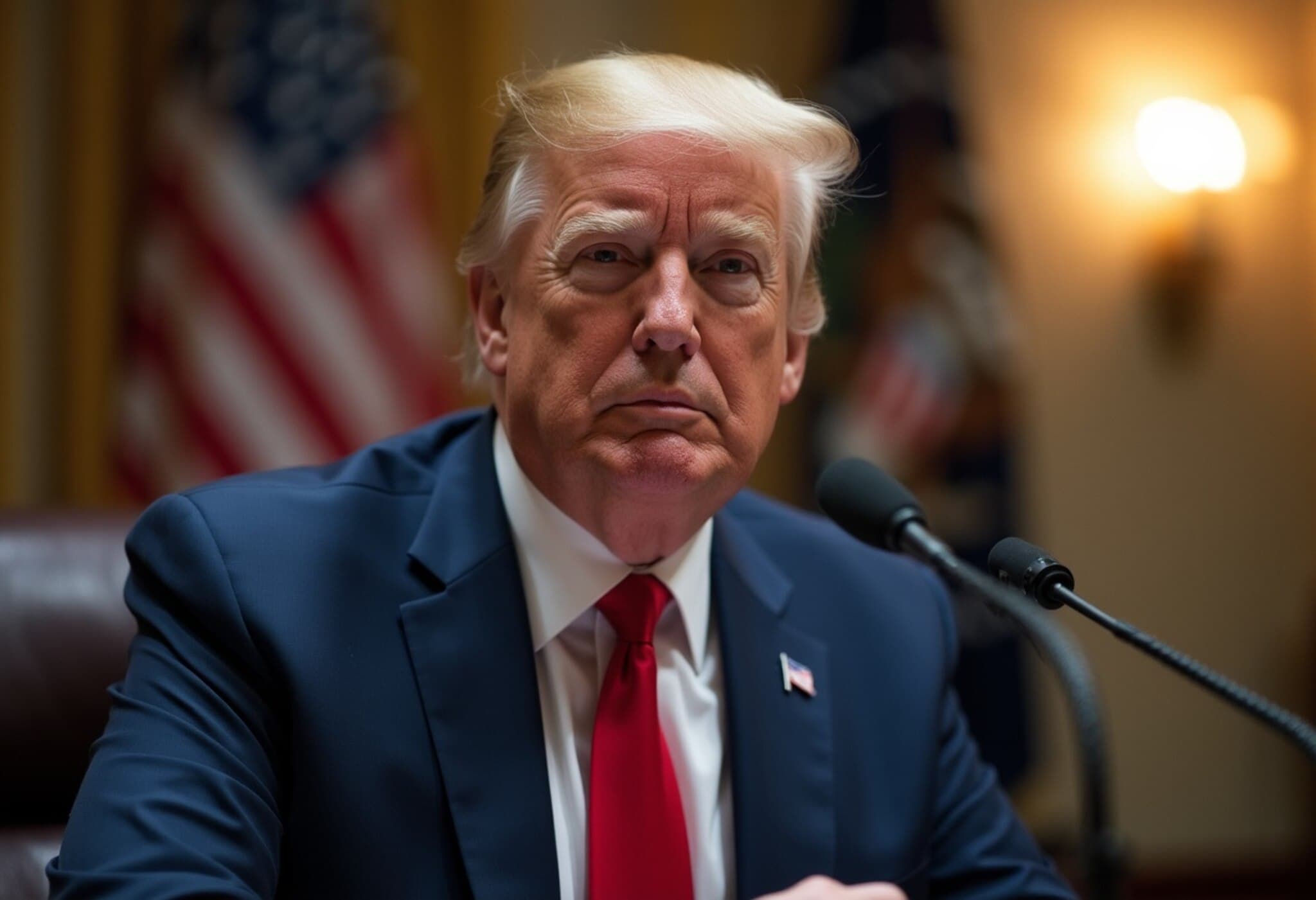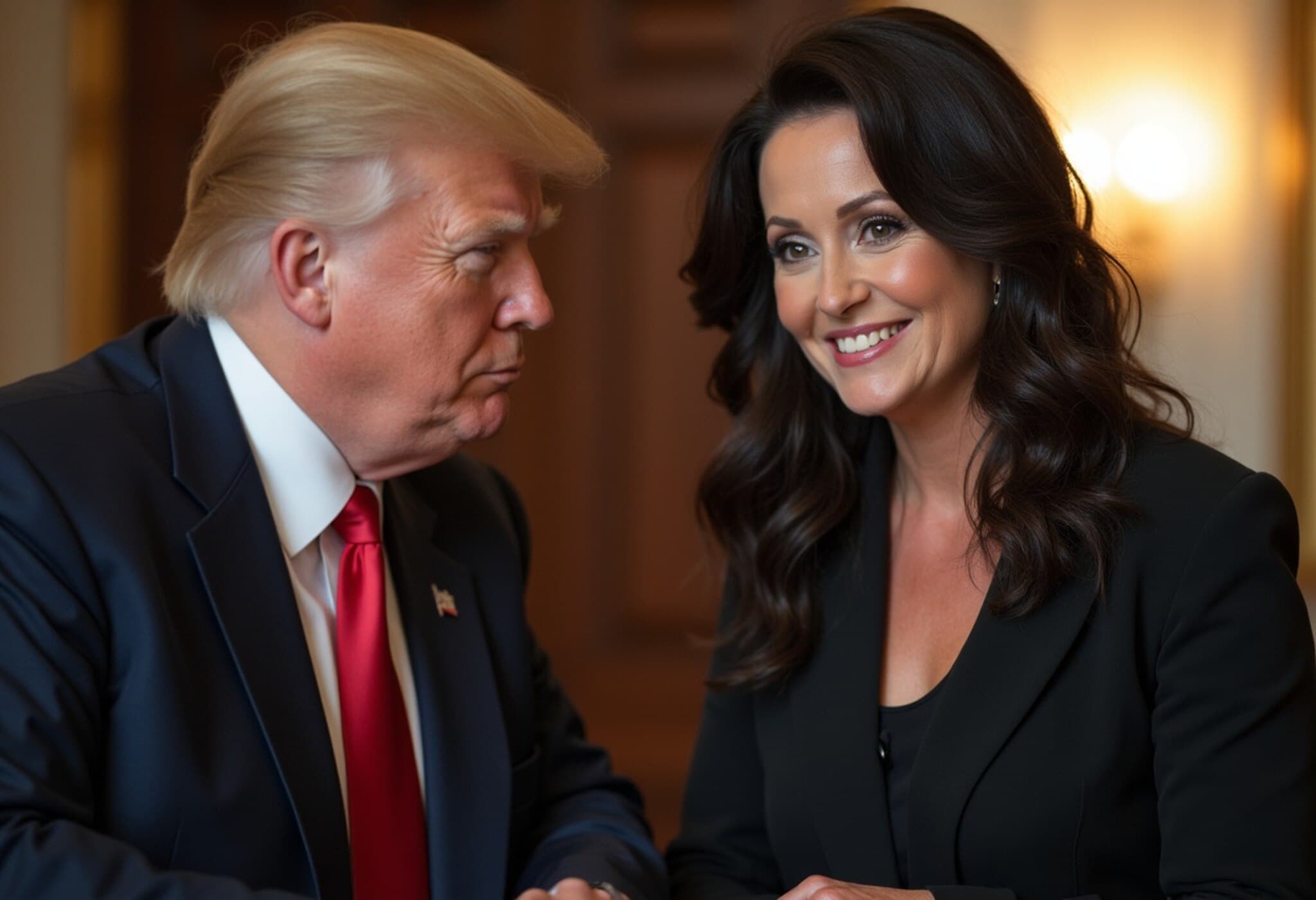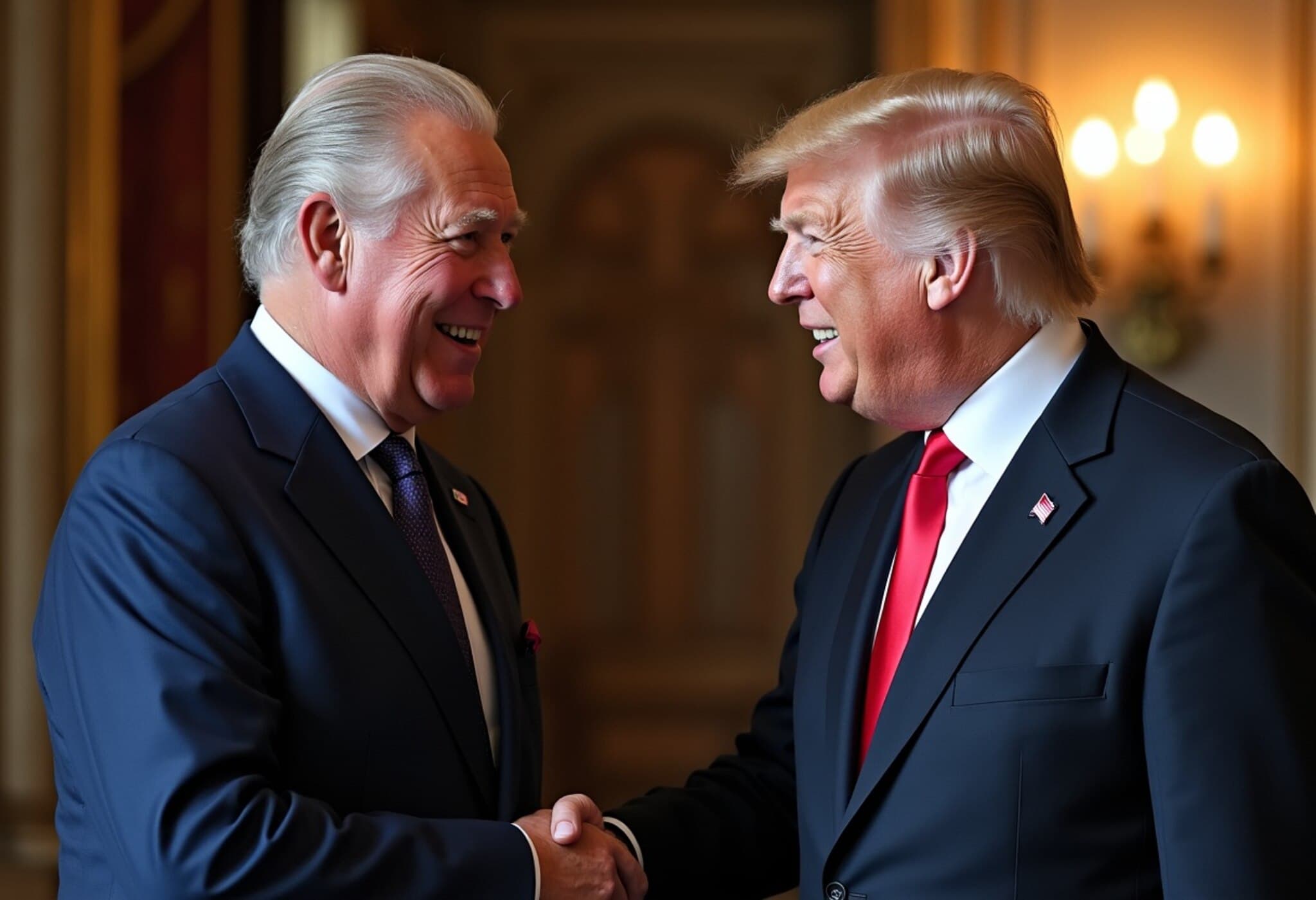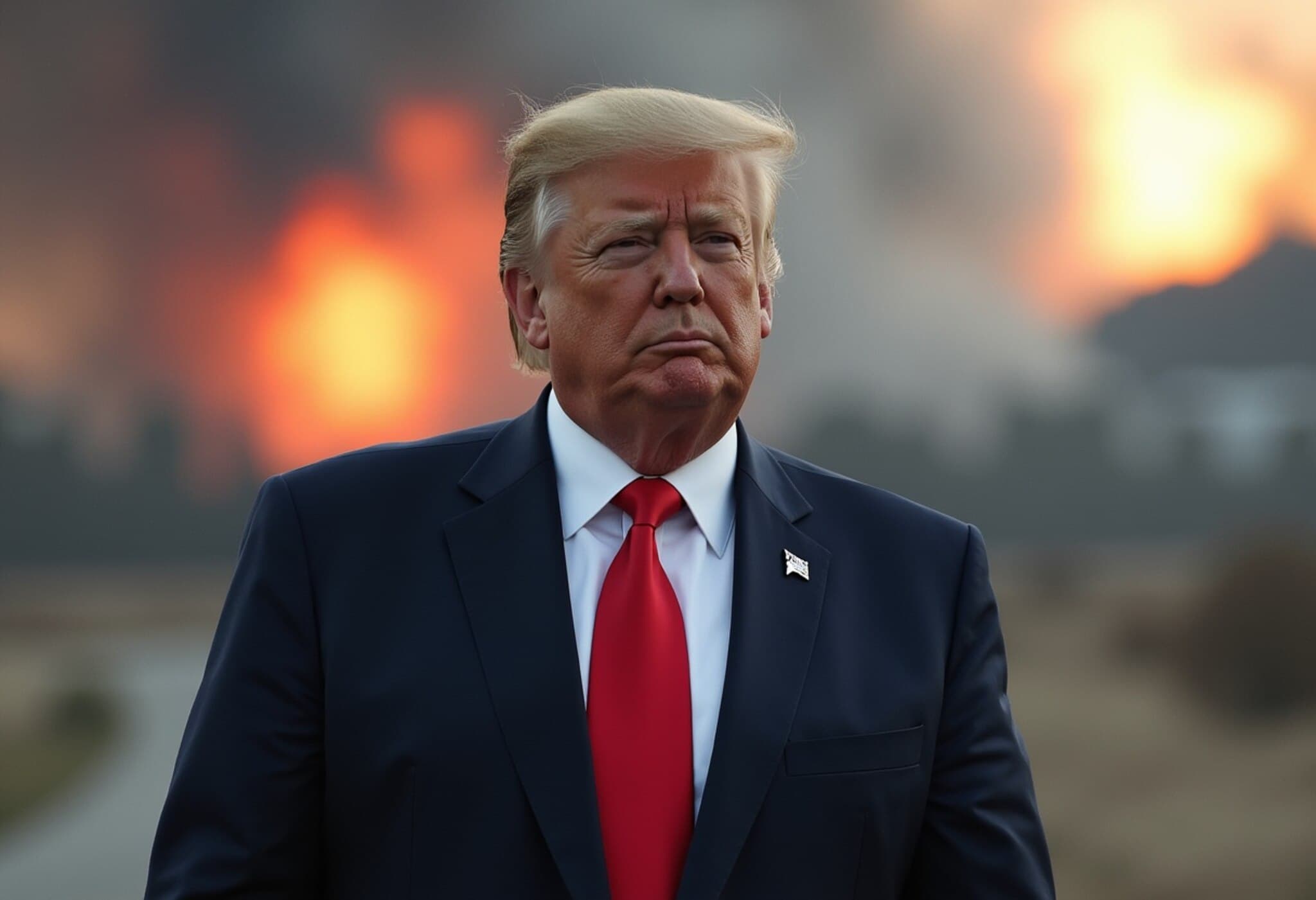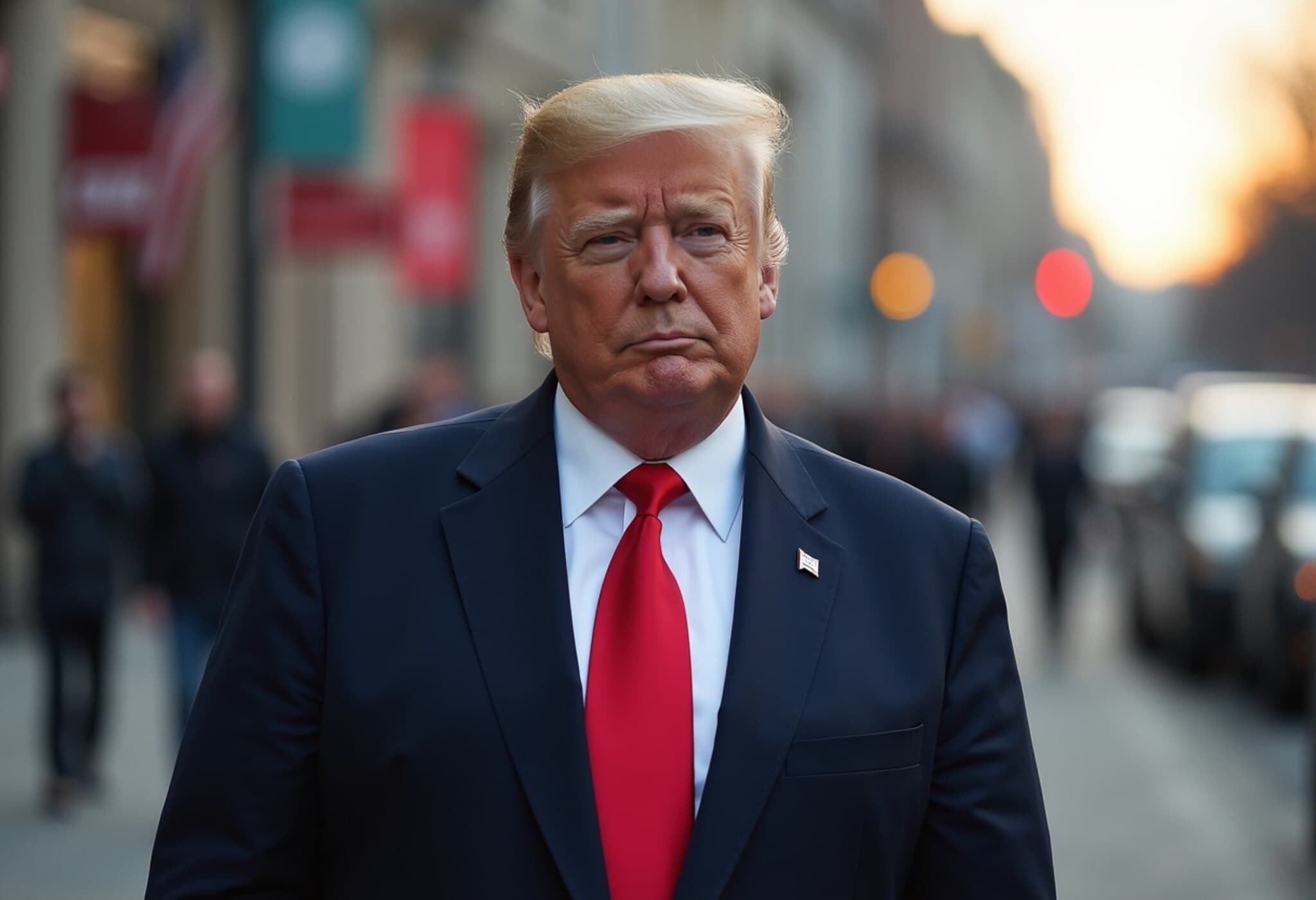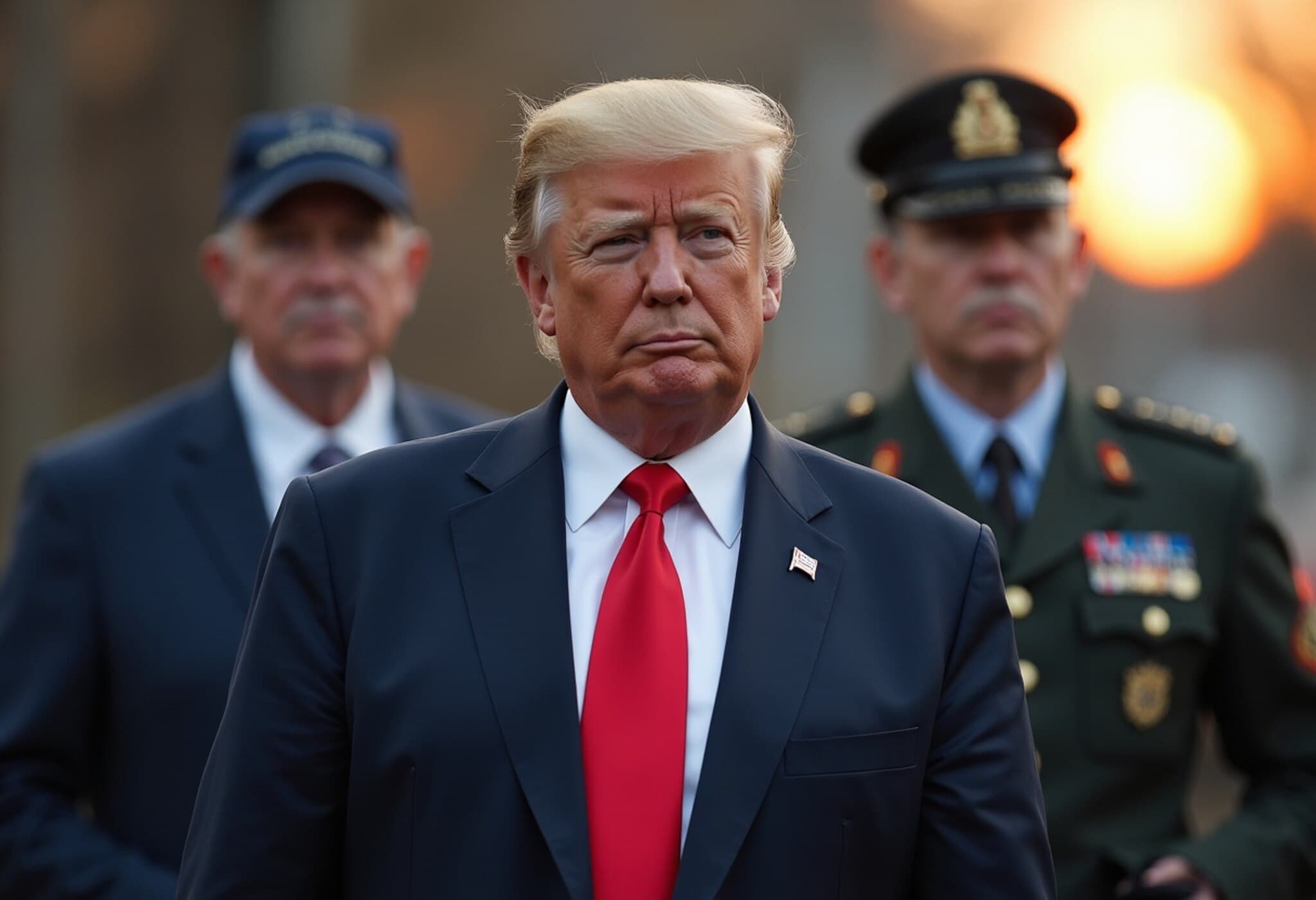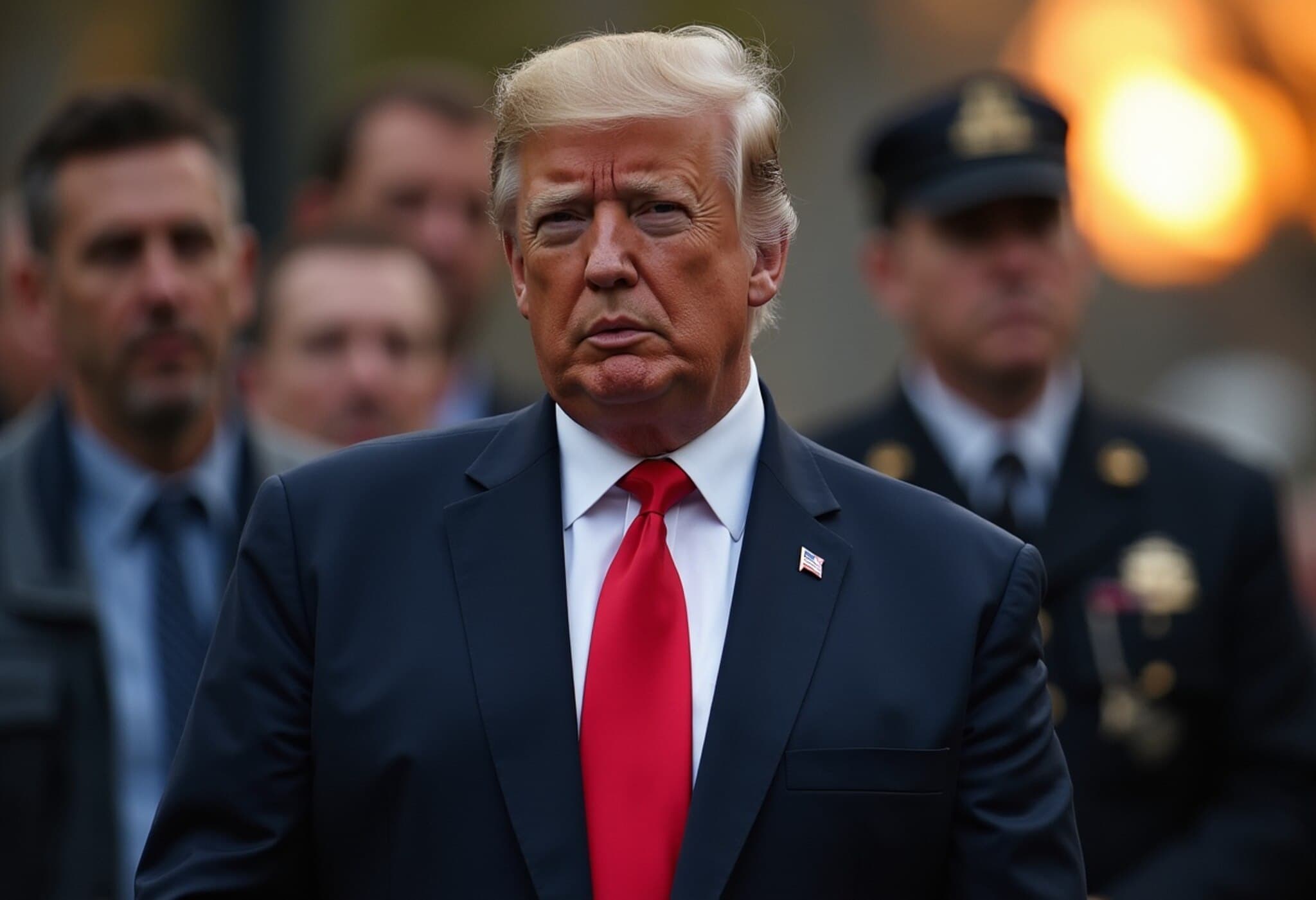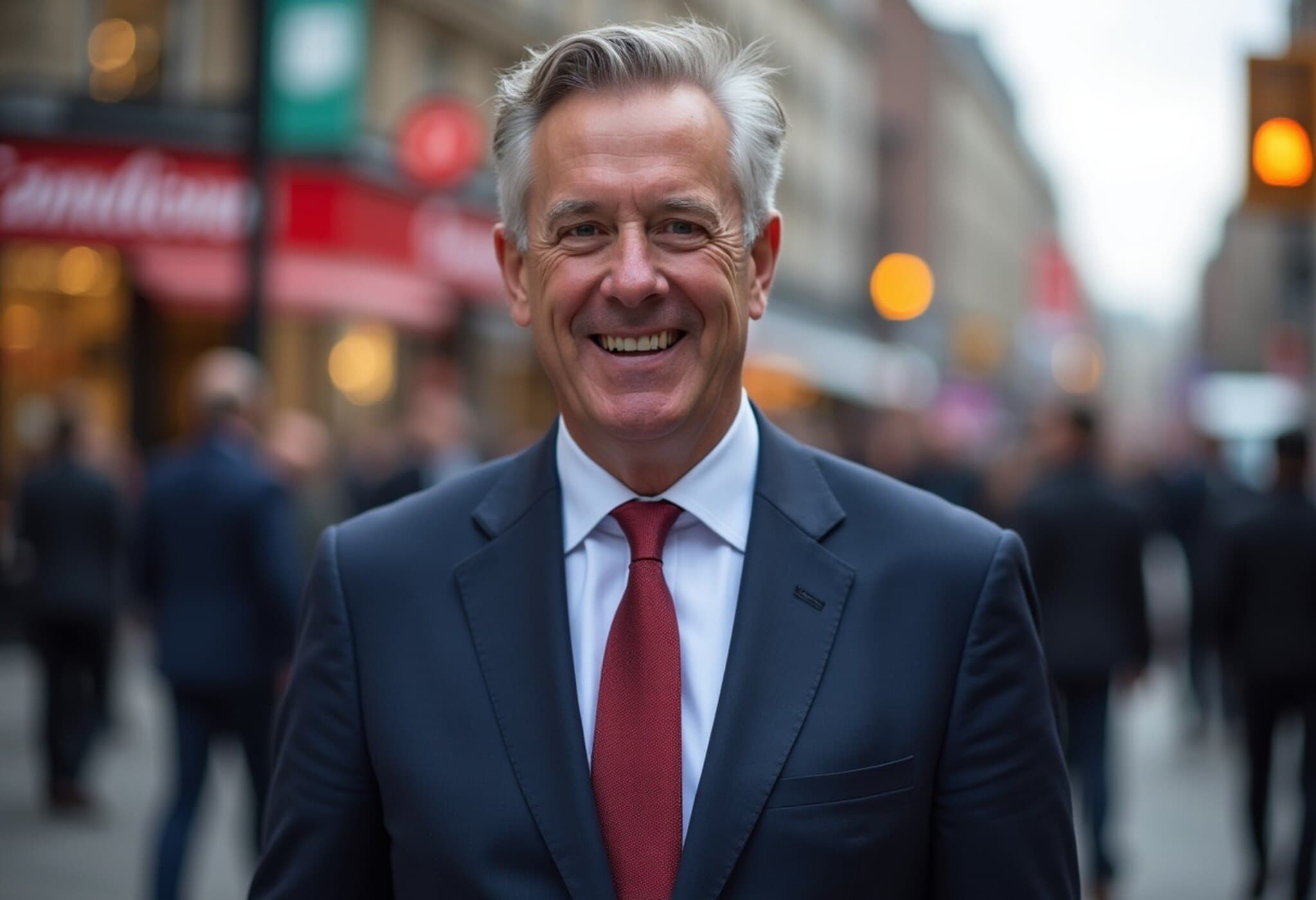Donald Trump’s Scottish Golf Break Amidst UK-Wide Protests
Over the weekend, former US President Donald Trump was spotted enjoying a leisurely golf game at his iconic Turnberry resort in Scotland, a property his family has owned since 2008. The visit, however, was met with robust opposition across the United Kingdom, as hundreds of protesters voiced their disapproval, casting the president as 'unwelcome' and challenging British leadership's engagement with him.
Golf at Turnberry: More Than Just a Game
Trump’s choice of Turnberry – a historic coastal course famous not only for its scenic beauty but also its status as a centerpiece of the Trump Organization's international real estate portfolio – signals his ongoing affinity for combining leisure with business interests. Accompanied by his son Eric Trump and US Ambassador to the UK, Warren Stephens, the weekend golf outing positioned Trump amid the rugged Scottish coastline, underscoring the blend of personal enjoyment and political presence.
Political Undertones of the Visit: Trade and Diplomacy in Focus
Beyond the fairways, Trump’s visit coincides with significant diplomatic discussions lined up with UK Prime Minister Keir Starmer and European Commission President Ursula von der Leyen. Central to these talks is the newly proposed trade agreement aimed at easing tariff barriers on British goods entering the US market. While the deal promises economic benefits, it has ignited a firestorm of debate within the UK, particularly among opposition parties and grassroots campaigners who view it as a controversial concession to American economic pressure.
Protests Across the UK: Voices of Dissent
In Edinburgh, hundreds gathered outside the US Consulate on the city's historic cobblestone streets, passionately declaring Trump 'unwelcome.' The demonstrations reflect broader anxieties in the UK about the political and social implications of strengthening ties with the United States under Trump’s influence.
Speakers at the protest events criticized the Starmer administration’s endorsement of the trade pact, framing it as a surrender to external pressures that might undermine UK sovereignty and long-term economic strategy.
Controversial Comments on European Immigration
Adding fuel to the fire, on his arrival in Scotland late Friday, Trump sharply criticized European immigration policies, telling reporters, “This immigration is killing Europe. You better get your act together. You're not going to have Europe anymore.” These remarks echo a broader narrative of skepticism toward immigration prevalent in Trump's political rhetoric—and have reignited debates on Europe’s demographic and cultural future in the face of migration challenges.
Expert Insight: What This Visit Reveals About US-UK Relations
This episode highlights the ongoing complexity and tension within transatlantic relations. While trade negotiations reflect a pragmatic approach to economic diplomacy, public sentiment in the UK remains sharply divided. Analysts note that Trump's persona and policies continue to polarize, impacting diplomatic atmospheres even post-presidency.
The protests also spotlight a rising skepticism toward global partnerships perceived as disproportionately benefiting larger powers like the US, thereby exacerbating political fissures within the UK. As trade talks progress, British policymakers face the intricate task of balancing economic opportunities against maintaining domestic political cohesion and sovereignty.
Understanding the Broader Context
- Turnberry’s role: Beyond golf, the resort symbolizes Trump's global brand and economic footprint, drawing both tourism and criticism.
- Trade agreement stakes: Potential tariff reductions could revive UK exports but raise concerns about regulatory alignment and national autonomy.
- Public opinion: Protests reflect ongoing divisions within the UK on foreign policy alignments and immigration.
- Immigration discourse: Trump's comments tap into deeper European anxieties about demographic change and integration challenges.
Editor’s Note
Donald Trump’s Scottish weekend is more than a simple golf getaway; it’s a lens into the fraught intersection of diplomacy, economic interests, and public opinion. While trade benefits are tangible, the backlash underscores the delicate balancing act facing UK leaders amid shifting geopolitical landscapes. Readers might consider: How will this visit shape future transatlantic relations, and what does it reveal about the evolving political identities on both sides of the Atlantic? The ongoing dialogue around immigration and sovereignty remains as critical as ever, raising questions that will resonate far beyond Scotland’s coasts.

